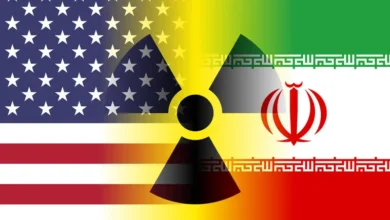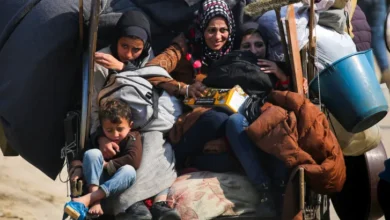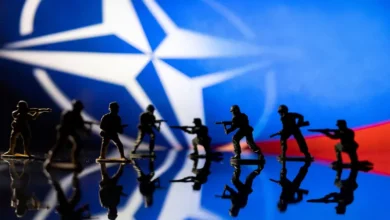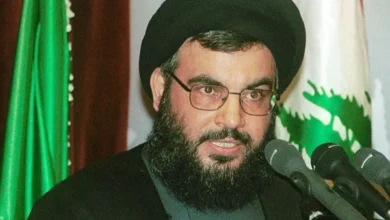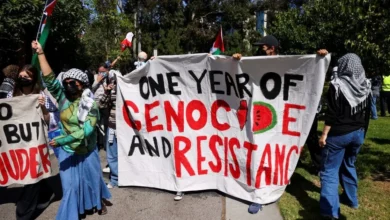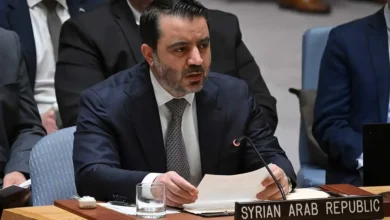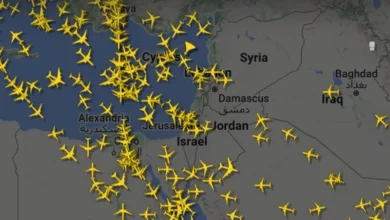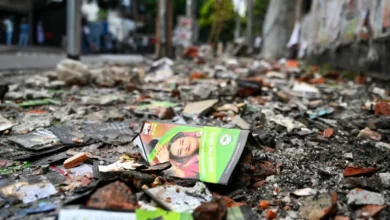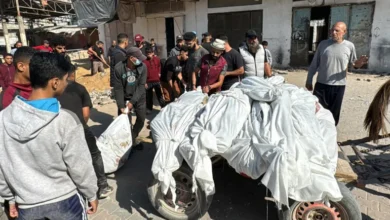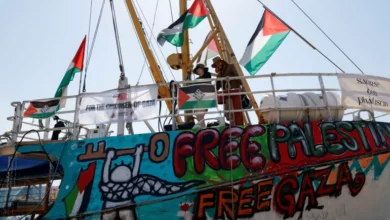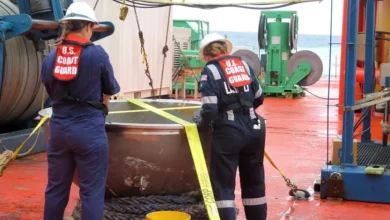Doctors from Qatar, US work to save quake survivors in NW Syria
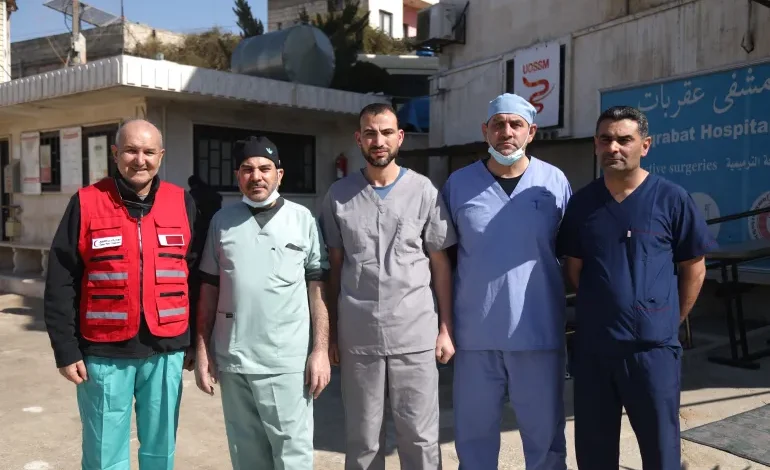
International medical aid for northwestern Syria was held up for days after last week’s deadly earthquakes, but teams of doctors are now working in opposition-held areas and have performed hundreds of surgeries as they seek to keep earthquake survivors alive.
Two Qatari aid convoys arrived from Turkey on Sunday and Monday, bringing with them critical supplies and a team of medical workers.
“We came with 25 other doctors, nurses and technicians who specialise in various medical fields such as neurosurgery, orthopaedia, general surgeons, psychiatry and intensive care doctors,” said Mohammad Murshed Delimi, an Iraqi plastic surgeon who lives in Qatar and travelled to the northwestern city of Idlib with the Qatari Red Crescent.
The convoys carried medical equipment to supply hospitals in the region, particularly for seriously wounded patients who faced the possibility of losing their limbs due to crushing injuries, Delimi said.
The help is acutely needed. Dr Zuhair Karrat, Idlib’s health director, described the health sector’s situation as “catastrophic” following the magnitude 7.8 and 7.6 earthquakes on February 6.
“All hospitals and health centres in the region are completely filled with the wounded,” he told Al Jazeera. “There are even some cases that are being treated in the corridors because there are no empty rooms in the hospitals.”
Karrat said the situation has been worsened because doctors and nurses have been affected by the quakes just like everyone else in the region. Some medical staff have been killed or injured. Others have been preoccupied with securing shelter for their families or searching for relatives under the rubble.
According to the Syrian Civil Defence, also known as the White Helmets, a volunteer rescue group operating in opposition-controlled parts of Syria, the death toll in the northwestern region is at least 2,274 people and more than 14,000 have been injured.
“More than 12,000 injured have been received by operating hospitals in the Idlib region alone, and most of the injured are still in hospitals receiving treatment or waiting for their turn to undergo the necessary surgeries,” Karrat said.
“There are more than 90 injured people who are still in intensive care and need regular dialysis as a result of being crushed under the rubble for a prolonged time,” he added.
Karrat said hospitals in Idlib are in dire need of medicines, dialysis machines, orthopaedic doctors, neurosurgeons, anaesthesia and fuel to operate oxygen stations.
Qatari health delegation
The Qatari doctors have been working in hospitals that include al-Shefa’a in Idlib, al-Rahma in Darkoush and Aqrabat near the Syrian-Turkish border.
Ajaj said the Qatari Red Crescent is operating an air bridge, which will continue to provide northwestern Syria with medical and relief aid.
“This region was already stricken even before the earthquake occurred and was exhausted by wars; therefore, its original stock of medicines and medical equipment is very low, and the doctors there are working beyond their capacity,” he said.
But the dedication of the Syrian staff have made an impression on the Qataris.
“We were shocked and sad from what we first saw when we initially entered Syria,” Delimi said. “A nurse in one of the hospitals lost his entire family under the rubble, and one of his arms had to be amputated, but his patience and ability to work under extreme circumstances left us surprised.”
Rights groups have criticised the slow humanitarian response in Syria. Human Rights Watch said the single border crossing through which international aid is allowed to pass from Turkey into opposition-held areas is inadequate. That is the Bab al-Hawa crossing, which the Qatari teams used.
United Nations aid chief Martin Griffiths has acknowledged shortcomings in the response, saying the people of northwestern Syria “rightly feel abandoned” because the assistance they had hoped for had not yet arrived.
Limited resources compounded by trauma
A big international response has been lacking, but smaller groups are doing what they can to save lives, including the Syrian American Medical Society. Mufaddal Hamadeh, an oncologist and former president of the group, told Al Jazeera about 10 of the group’s doctors had entered the region last week.
The team includes orthopedic physicians, anesthesiologists, pain specialists, intensive care specialists and nephrologists. So far, it has performed about 35 procedures.
